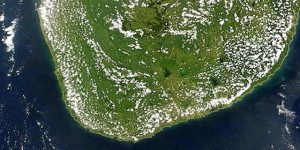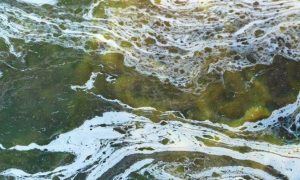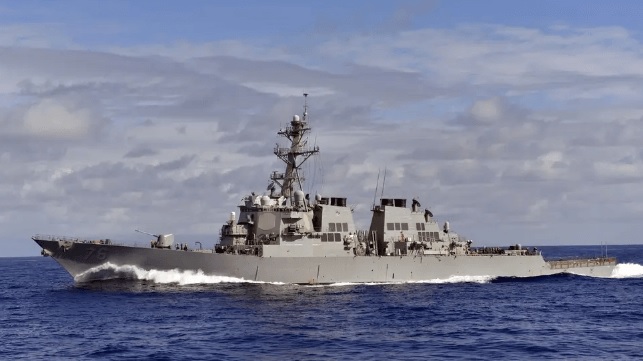Sri Lanka uses satellite surveillance to catch oil polluter, highlighting need for wider adoption
Sri Lanka’s Marine Environment Protection Authority (MEPA) recently caught a tanker illegally discharging oil using a new satellite surveillance system. This marks the first success for the system, implemented with French support, and demonstrates its potential to combat marine pollution.
On February 4th, the system detected a large oil slick near Colombo. Analysis identified the source as the “Global Crest,” a Panamanian tanker. MEPA obtained an inspection warrant and confirmed evidence of illegal discharge onboard. The ship was detained and fined nearly $50,000. After paying the fine, the vessel was released and departed for the UAE.

This incident emphasizes the effectiveness of such satellite technology. Sri Lanka cites the European Maritime Safety Authority’s “ClearSeaNet” service as an example, highlighting its success in reducing oil pollution incidents by half in European waters. MEPA itself has received over 100 detection reports since implementing the system in September 2023.
A fine of LKR 15m ($48,000) was imposed by the Maritime Environment Protection Authority (MEPA) on the 13,500-dwt Global Crest (built 1996).
Analysts at the CLS Institute in France told MEPA they had confirmed using satellite technology that the discharge took place on 4 February from the ship, which had been plying a route around the south coast.
MEPA officers investigated the tanker’s route and said it had been heading to anchorage off Colombo.

On arrival 11 km off the capital city, the local agent was contacted and then the vessel was inspected on 6 February.
The Global Crest was detained and the maximum fine was imposed under Sri Lanka’s Marine Pollution Prevention Act.
The penalty was then paid and the vessel was released on 9 February.
MEPA chairman Asela Rekawa said the success of the detection in this case was proven by Sri Lanka being able to take action against the tanker.
He added that the incident also reflected the need for long-term international cooperation to combat pollution.
Sri Lanka plans to leverage this success to develop a sovereign, local capability for monitoring its waters. Its strategic location on busy Indian Ocean shipping routes makes it vulnerable to pollution, necessitating robust monitoring measures.







